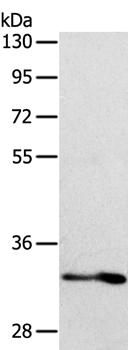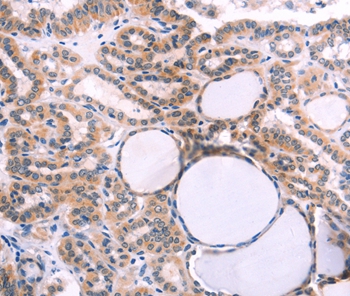The protein encoded by this gene is a member of the interleukin 1 receptor family. Studies of the similar gene in mouse suggested that this receptor can be induced by proinflammatory stimuli, and may be involved in the function of helper T cells. This gene, interleukin 1 receptor, type I (IL1R1), interleukin 1 receptor, type II (IL1R2) and interleukin 1 receptor-like 2 (IL1RL2) form a cytokine receptor gene cluster in a region mapped to chromosome 2q12. Alternative splicing of this gene results in multiple transcript variants.


